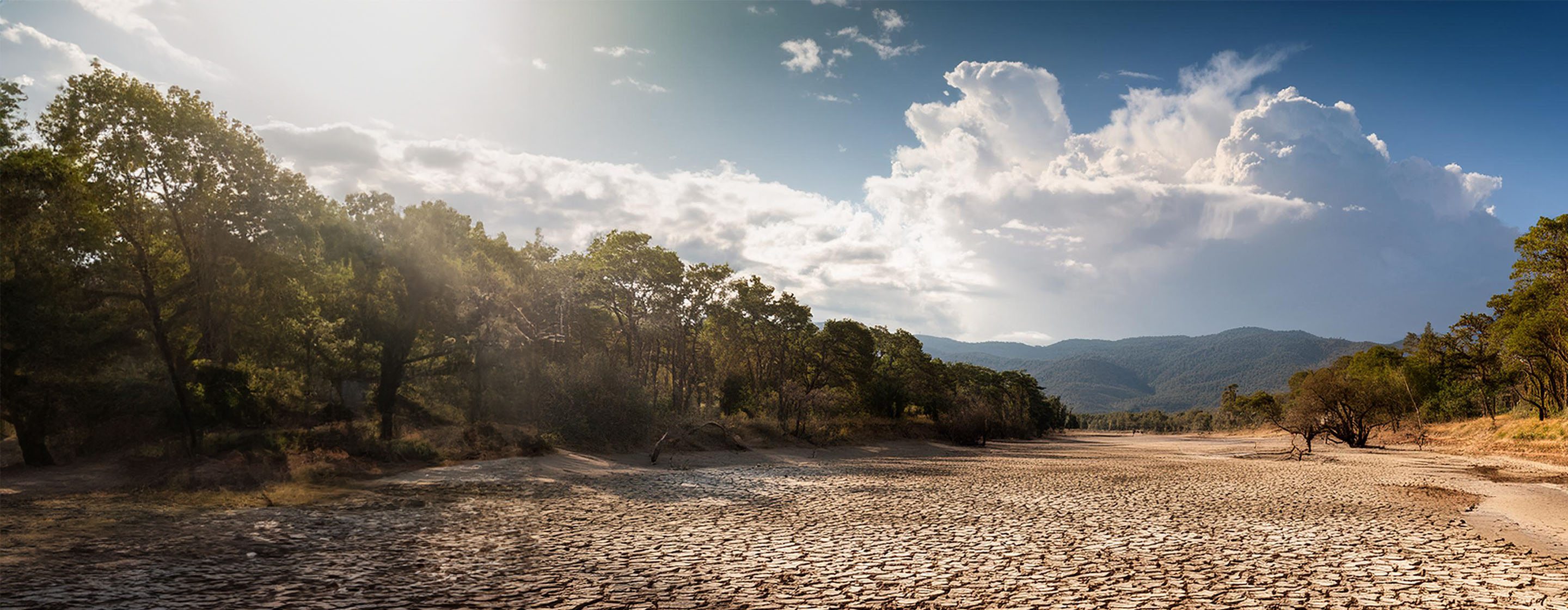
5 ways to reconnect with your inner child in the workplace
Our previous brain circuit on this subject explored what your inner child can do for you, such as take risks or look at a situation differently. Here are five ways to reconnect...

by Thomas Vellacott Published August 1, 2024 in Brain Circuits • 2 min read
In 1971, Earth Overshoot Day fell on December 25. In 2024, it is August 1. By this date, humanity will have used up all the natural resources that our planet can provide for the year. Put differently, our consumption habits mean we need 1.7 Earths to sustain our lifestyles. To prevent ecological and economic collapse, global efforts must focus on sustainable practices and biodiversity conservation.
How can we change course to avoid an uninhabitable climate and a human-induced sixth mass extinction? Economies depend on nature, but the top four risks to the global economy in the next 10 years all come from a degraded environment. We risk losing entire industries if we do not reverse course.
The World Wildlife Fund (WWF) proposes a pragmatic approach to support companies in their transformation planning. Its Business Transformation Framework provides guidance along five key steps:
Sub-steps: Evaluate (1) materiality and traceability, (2) impacts and dependencies, and (3) risks and opportunities.
Sub-steps: Set (1) corporate culture, (2) management systems and capacity, and (3) commitments, strategies and targets.
Sub-steps: Carry out plans in (1) direct operations, (2) adjacent areas and communities, and (3) upstream and downstream value chains.
Sub-steps: Support and promote (1) industry initiatives, (2) public policy, and (3) public disclosure.
Sub-steps: Realize targeted outcomes and impacts.
For each step, specific tools, standards, and guidance materials are made available to companies. The standards include science-based targets for nature, from the Science Based Targets Network (SBTN), as well as recommendations for reporting and disclosure based on the principles of the Taskforce on Nature-related Financial Disclosures (TNFD).
We cannot keep living on borrowed time. Companies that know what their exposure to nature risk is, who can quantify their impact, and set targets to help us push back the clock on overshooting Earth will be those that thrive in the future.
Earth Overshoot Day highlights unsustainable trends
The WWF Business Transformation Framework

CEO of the World Wildlife Fund (WWF) Switzerland
Thomas Vellacott is the CEO of the World Wildlife Fund (WWF) Switzerland. He joined the charity in 2001, where he spent eight years heading up the program division before becoming CEO in 2012. He previously worked in private banking for Citibank and as a consultant at McKinsey & Co. He studied Arabic and international relations at Durham, Cairo, and Cambridge universities.

9 hours ago • by Francesca-Giulia Mereu in Brain Circuits
Our previous brain circuit on this subject explored what your inner child can do for you, such as take risks or look at a situation differently. Here are five ways to reconnect...

February 23, 2026 • by Julia Binder in Brain Circuits
Myths abound when it comes to corporate sustainability. Can you tell fact from fiction? Test your knowledge on the common misconceptions here....

February 19, 2026 • by Michael D. Watkins in Brain Circuits
As AI reshapes business operations, your leadership development efforts must focus on enabling humans to continue to add distinctive value. Michael D. Watkins explains how to use the 75/25% rule to guide...

February 18, 2026 • by Cindy Wolpert in Brain Circuits
How people engage with you is shaped by your brand. If you are known to be reasonable, pragmatic, and strategic, they will want to work with or for you. But if you...
Explore first person business intelligence from top minds curated for a global executive audience